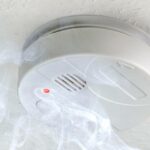Our furry friends, just like us, can develop an anxiety disorder for many different reasons. Whether it’s separation anxiety, social anxiety, or some other type of this debilitating illness, it’s hard enough for people, but when it comes to dogs it’s even harder.

Posted inBlog

